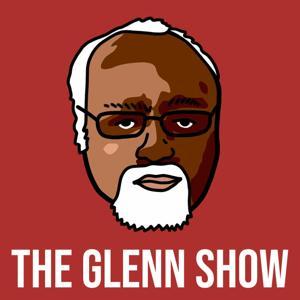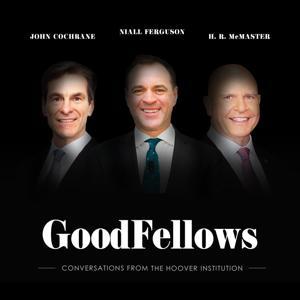This week, British Prime Minister Rishi Sunak met the US President Joe Biden and amongst the various topics they discussed was Britain’s desire to carve out a role for itself on the discussion around Artificial Intelligence. In recent weeks, we’ve seen voices raised – including those of some of the pioneers in AI – warning about the potential existential danger to humanity posed by the technology, alongside the appreciation of the benefits it offers as well.
Support this channel!
https://patreon.com/mallenbaker
The Mallen Baker Show covers news, current affairs, science and politics. It aims to be independent, fact-focused and non-ideological. A rational and reasoned approach to some of the difficult issues of our time, including climate change, the Covid pandemic, and how we can best survive and thrive in the modern world.
You can also find videos at:
https://odysee.com/@mallenbaker
Follow the show page on Facebook
https://www.facebook.com/mallenbakershow
And my website
https://mallenbaker.net




































